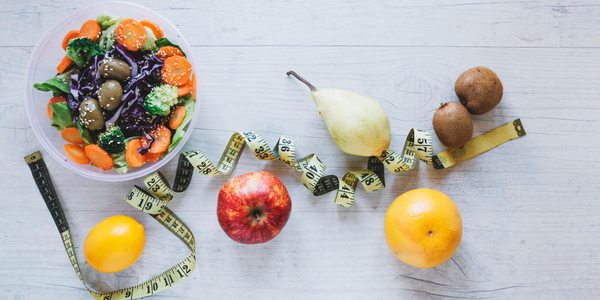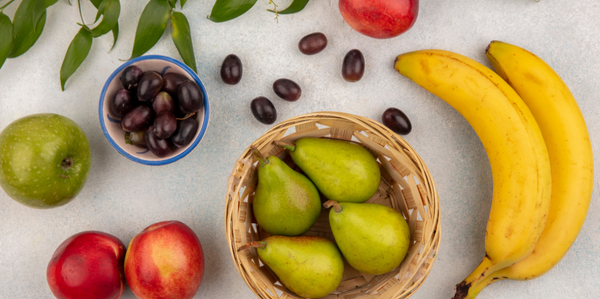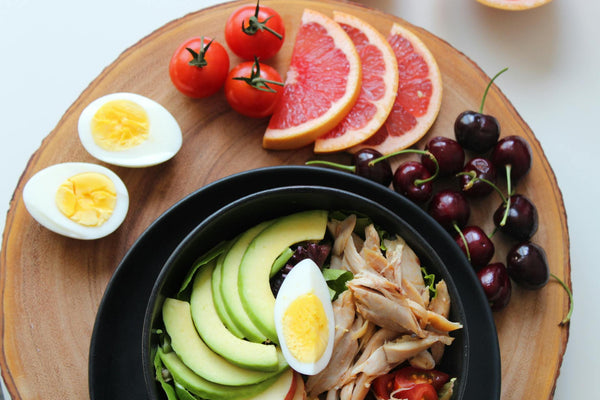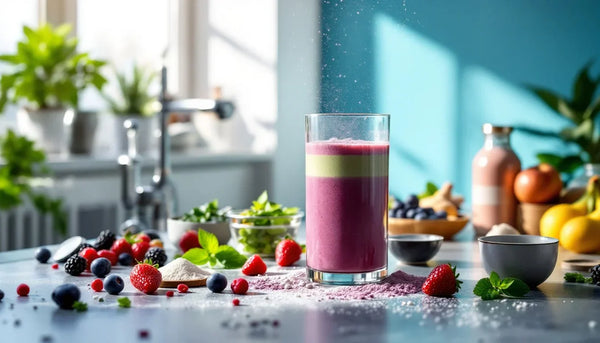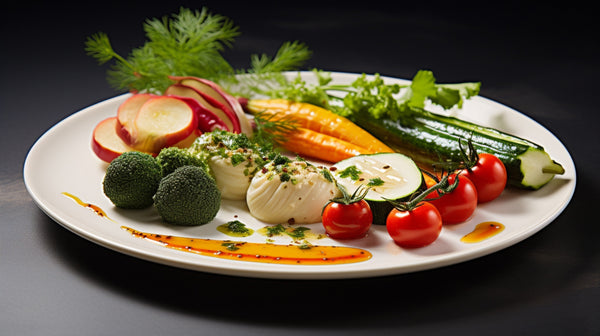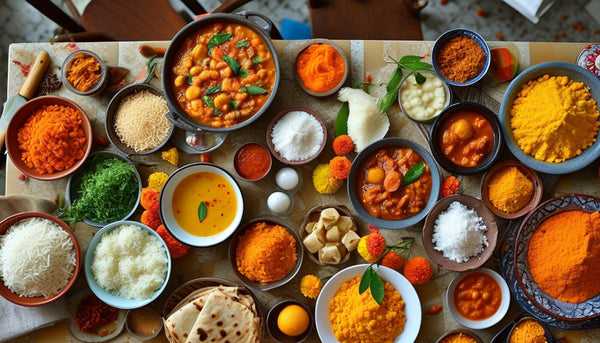Protein Powder for Vegans: What Are the Alternatives?
As plant-based diets continue to gain popularity, a common question arises: How do vegans get enough protein? Protein is vital for muscle building, immune function, and all-around health. While animal products are typically rich in protein, vegans obtain their protein through plant-based foods. The good news is, vegan protein powders make life easier for people looking to supplement their diet. So let’s understand how plant-based protein differs from animal-based and know more about vegan protein powders.
What Makes Vegan Protein Different?
Protein, regardless of its source, is made up of amino acids, which are the building blocks of our muscles and tissues. While animal proteins (from meat, dairy, and eggs) typically provide all nine essential amino acids (the ones our bodies can't produce on their own), most plant-based proteins often miss one or more of these essential amino acids. This is why many plant-based protein sources are considered "incomplete."
However, having said that not all plant proteins are created equal. Some plant sources, like soy protein, contain all nine essential amino acids, making them a "complete" protein. Other plant proteins, such as pea protein or rice protein, may lack one or more essential amino acids but can be combined with other sources to create a complete protein profile. It’s also important to note that most plant-based protein sources are typically more digestible and easier on the stomach compared to animal-based powders.
Now that we know the difference, let's dive into varied options of vegan protein blends that one can consider.
Vegan Protein Blends: Nutritional Powerhouse
One of the most convenient ways to get a complete amino acid profile from plant-based protein is through blended protein powders. These blends combine proteins from various sources, ensuring that you receive all the essential amino acids needed for muscle recovery and overall health. Here are some popular vegan protein powder alternatives to consider.
1. Pea Protein + Quinoa + Sprouted Amaranth + Algae Protein Blend
This dynamic blend of plant-based proteins is designed to deliver comprehensive nutrition, supporting muscle health, recovery, and overall well-being. Let’s break down its components and their unique contributions:
-
Pea Protein:
A popular choice in the plant-based world, pea protein is a rich source of essential amino acids, particularly branched-chain amino acids (BCAAs) like leucine, isoleucine, and valine, which are crucial for muscle growth and repair. It’s highly digestible, hypoallergenic, and free from common allergens like soy or dairy, making it an excellent option for those with sensitivities. -
Quinoa:
Known as a “super grain,” quinoa is one of the rare plant-based sources of complete protein, meaning it contains all nine essential amino acids that the body cannot produce on its own. Beyond protein, quinoa is packed with fiber, magnesium, and antioxidants, supporting not just muscle health but also heart health and digestion. -
Sprouted Amaranth:
Sprouted amaranth adds an extra layer of nutritional benefits. Sprouting enhances the bioavailability of nutrients, increasing the levels of vitamins, minerals, and antioxidants. Amaranth is a rich source of lysine, an amino acid often lacking in plant-based diets, and complements the protein profile of quinoa and pea protein. -
Algae Protein:
Derived from microalgae, this protein is a nutritional powerhouse. It not only contributes a high-quality protein source but also provides omega-3 fatty acids, which support brain health and reduce inflammation. Additionally, algae protein is rich in chlorophyll, known for its detoxifying properties, and antioxidants that combat oxidative stress.
2. Pea Protein + Brown Rice + Chia Seed Protein Blend
This blend is a popular choice for those seeking a plant-based, nutrient-dense protein option. Combining pea protein, brown rice protein, and chia seed protein, it delivers a complete and well-rounded amino acid profile while packing in additional nutritional benefits. Here's a closer look at each component:
-
Pea Protein:
As a cornerstone of this blend, pea protein provides a high concentration of branched-chain amino acids (BCAAs) that are essential for muscle repair and growth. Its digestibility and hypoallergenic nature make it a standout choice for those with dietary restrictions or sensitivities. Pea protein is particularly known for supporting muscle development and maintaining a feeling of fullness. -
Brown Rice Protein:
While pea protein excels in providing BCAAs, brown rice protein fills in the gaps by offering lysine, an essential amino acid often found in lower quantities in pea protein. This complementary pairing creates a complete protein source, ensuring all nine essential amino acids are included. Brown rice protein is also gentle on the digestive system and rich in antioxidants, making it a valuable addition to overall health. -
Chia Seed Protein:
The inclusion of chia seed protein elevates this blend’s nutritional profile. Chia seeds are a powerhouse of omega-3 fatty acids, which promote brain and heart health, and fiber, which supports digestion and helps regulate blood sugar levels. Additionally, chia seeds are rich in calcium, magnesium, and phosphorus, making them an excellent choice for bone health.
Added Nutrients for Enhanced Benefits
When it comes to vegan protein powders, choosing blends with additional health-enhancing ingredients can take your nutrition to the next level. Here's what to look for to maximize both comfort and benefits:
-
Probiotics and Digestive Enzymes:
Protein powders enriched with probiotics and digestive enzymes can significantly improve digestion and nutrient absorption. Probiotics support gut health by maintaining a balanced microbiome, which helps reduce bloating and promotes smoother digestion. Digestive enzymes aid in breaking down proteins and other nutrients more effectively, making the powder gentler on the stomach—especially important for those who experience discomfort with plant-based proteins. -
Alkalizing Super Greens:
Look for powders that include alkalizing greens like moringa, spirulina, chlorella, seaweed, and sea moss. These nutrient-rich superfoods help balance the body’s pH levels, reducing acidity and minimizing bloating or discomfort that can occur after high-protein meals or shakes. Additionally, they offer a wealth of vitamins, minerals, and antioxidants to support overall wellness.
By opting for a protein powder with these added benefits, you can enhance not just your protein intake but also your digestive health and energy levels. This holistic approach ensures your shake is as nourishing as it is effective, supporting your fitness goals and general well-being.














